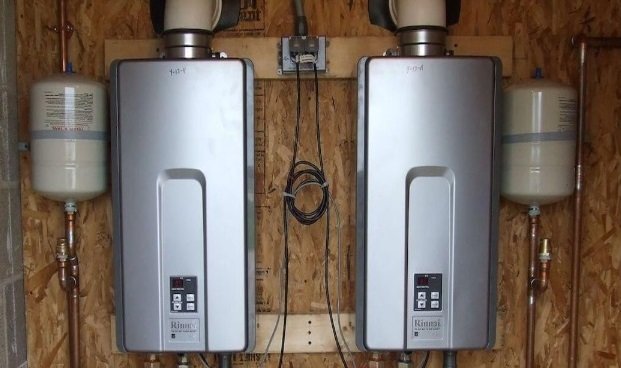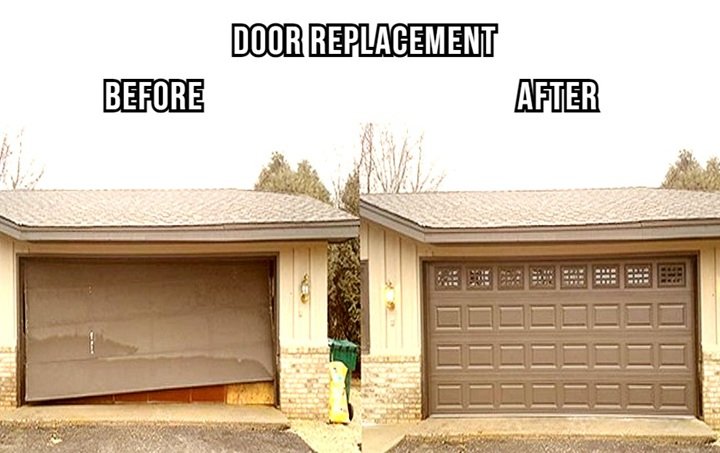Tankless water heaters are an excellent choice for homeowners seeking energy efficiency and a constant supply of hot water without the need for bulky storage tanks. Despite their advantages, these units can encounter issues such as fluctuating temperatures, lack of hot water, or strange noises.
Knowing how to troubleshoot common problems is essential for keeping your water heater running smoothly. Regular maintenance and prompt attention to any issues can prevent costly repairs and extend the lifespan of your tankless water heater, ensuring reliable and efficient service.

What are the Common Issues With Tankless Water Heaters
There are some common issues with tankless water heaters, how to identify them, and steps to troubleshoot or resolve them:
No Hot Water
If your tankless water heater isn’t providing hot water, check the power supply for electric models or ensure the gas supply is on for gas models. Inspect the intake filter for blockages and ensure adequate water flow.
These basic checks can often resolve the issue. For more complex problems, it’s best to reach out to professionals for tankless water heater repair service in California to ensure that any underlying issues are properly diagnosed and addressed. Expert technicians can handle everything from electrical faults to gas supply problems, helping restore your unit’s optimal performance.
Fluctuating Temperature
Fluctuating water temperature can occur when multiple water outlets are in use, crushing the heater. To prevent this, reduce water draws and flush the system to remove mineral buildup. Also, verify that your tankless unit is properly sized for your home’s water usage to maintain a consistent temperature. According to the U.S. Department of Energy, tankless water heaters can be 24-34% more energy efficient than traditional storage water heaters, especially for homes that use 41 gallons or less of hot water daily.
Frequent Shutdowns
Frequent shutdowns may be caused by overheating, low water flow, or blocked vents. Ensure the vent pipes are clear, and clean the water filter to improve flow. If overheating persists, check the temperature setting, lower it, and allow the unit to cool before restarting for optimal performance.
Error Codes
Tankless water heaters often display error codes to indicate specific issues, such as sensor failures or gas supply problems. Refer to the user manual for your unit’s error code guide, check the sensors for corrosion or loose connections, and inspect the gas pressure or electrical wiring as needed.
Bad Water Taste/Odor
If your water smells or tastes bad, it could be due to bacterial growth or sediment buildup. Flush the heater to remove debris and mineral deposits. Installing a water softener can help reduce mineral buildup, and using a disinfectant will address bacterial contamination in the system.
Strange Noises
Unusual sounds like popping or rumbling typically indicate mineral buildup in the heat exchanger or restricted water flow. To address this, flush the unit to clear any deposits. Clean or replace the water filter and release trapped air by turning off the water, opening a faucet, and restarting the system.
Slow Heating Time
If your tankless water heater isn’t heating water quickly, the issue may stem from a low flow rate or a clogged filter. Check the water flow, clear any obstructions in the filter, and ensure there’s no buildup in the heat exchanger. Regular maintenance can prevent this problem.
Low Water Pressure
Low water pressure can prevent your tankless water heater from working efficiently. Check for any blockages in the water lines, filter, or valves. If the pressure is still low, consider installing a pressure booster or ensure that the water heater is receiving the correct water flow rate.

What are the Benefits of Regular Tankless Water Heater Maintenance?
Regular maintenance of your tankless water heater offers numerous benefits, which is why scheduling a professional Hot Water System Service is essential. It ensures your system runs efficiently, providing hot water on demand without delays. Well-maintained units consume less energy, helping reduce utility bills. By catching potential issues early, you can prevent costly repairs and extend the lifespan of your water heater.
Routine inspections also help maintain the quality of your water, ensuring it’s free from contaminants. Regular servicing also improves the safety of your unit by detecting issues like gas leaks or electrical malfunctions. Eventually, consistent upkeep enhances the performance and reliability of your tankless water heater, ensuring comfort and peace of mind for your home.
FAQs
Why is My Tankless Water Heater Not Producing Hot Water?
If your tankless water heater isn’t providing hot water, check the power supply (for electric models), gas supply (for gas models), and water flow. A clogged filter or blocked water flow could also restrict heating. Ensure everything is connected and clean for optimal performance.
What Should I Do if My Tankless Water Heater Keeps Shutting Off?
Frequent shutdowns can be caused by overheating, blocked vents, or faulty sensors. Clear any blockages in the venting system, clean the water filter, and check the temperature settings. If problems persist, inspect the sensors or contact a professional for repairs.
Conclusion
Tankless water heaters are an efficient and reliable way to provide hot water to your home, but like any appliance, they can experience issues from time to time. By learning how to troubleshoot common problems, such as lack of hot water, fluctuating temperatures, or error codes, you can address these issues before they become costly repairs.
Regular maintenance, including flushing the system and checking for blockages, is key to ensuring your tankless water heater continues to operate efficiently.



